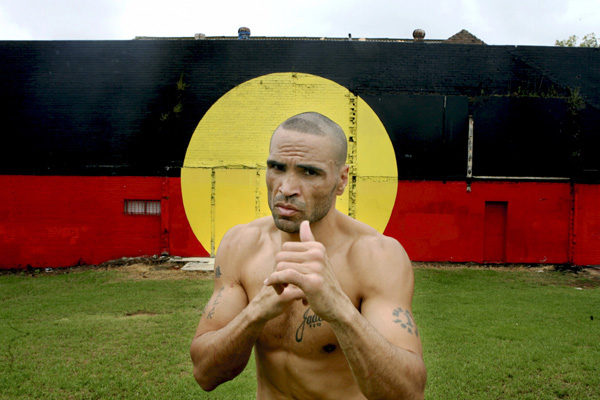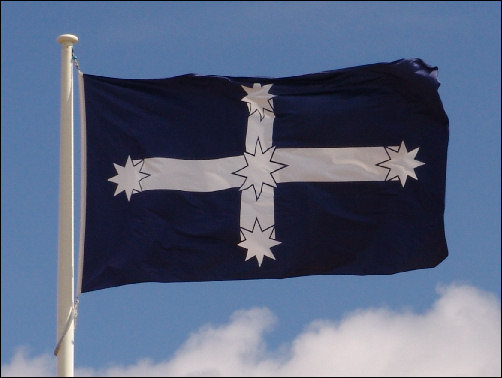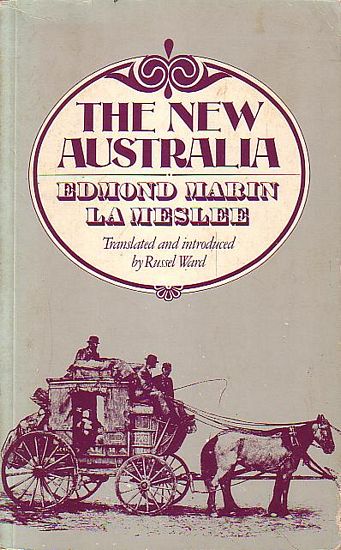
For decades now, we seem to have been living in “end”: the end of history, the end of ideology, the end of theory. Parties nominally of the left (“New Labour”, “Wall St Democrats”) joined those of the right to enforce “democracy” abroad and a “third way” of free market reliance at home. Ideologues and theorists had ceded decision-making to technocrats, and no one need worry about such esoteric matters as justice or fairness, since all we had to do was sit back and let a properly-tuned market deliver optimal outcomes to everybody.
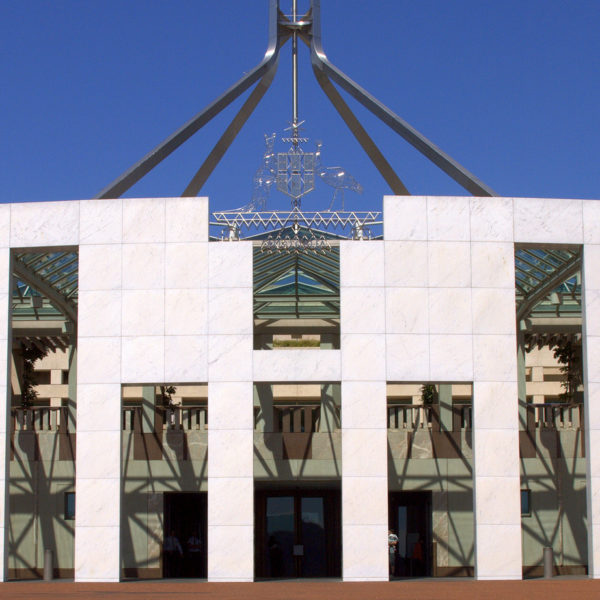
Over the last few years, we have been engaged in an Australian project called ‘Religion and Political Thought’ – itself part of an international project known as ‘Religion and Radicalism’. Funded by the Australian Research Council, it seeks to do nothing less than kick-start an Australian tradition of political philosophy in relation to religion and theology. Our aims may be high, but we realise that it is very much a small beginning to what we hope will foster further debate and research.

The “postmodern condition,” as Jean-François Lyotard designated it in 1979, is an “incredulity toward metanarratives.” That definition has been recited interminably by those grasping for a familiar sound-byte to encapsulate the significance of postmodernity. In the last few decades it has acquired overtones of a playful cultural experimentalism that has somehow outgrown the need for authoritative accounts of the meaning and purpose of human history.
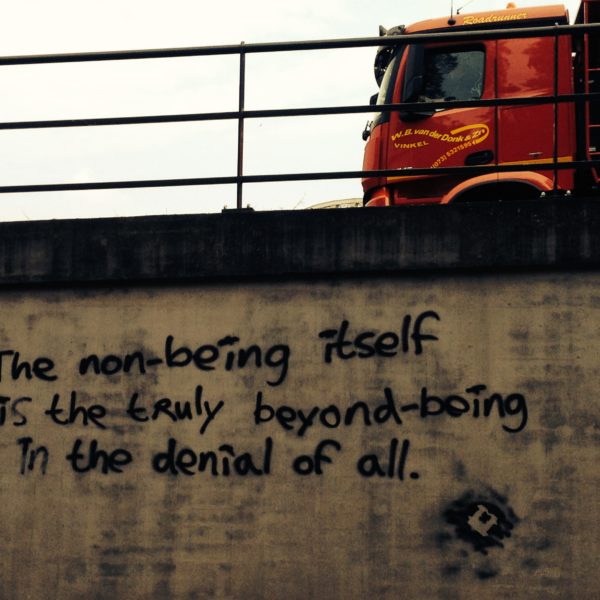
. . . The underlying structural crisis does not seem to have gone away. Indeed, in the last year and, more perspicuously in the past two weeks, it has found a more demanding as well as disquieting focus — student debt as well as the economic albatross of the maturing millennial generation itself. . . . The real scandal is the monstrous moral hazard that the student loan lending system has spawned. It amounts, according to Taibbi, “a shameful and oppressive outrage that for years now has been systematically perpetrated against a generation of young adults.”

The myth of Captain America introduces us to a serious quandary. Can liberal democracy be de-coupled from violence or is it doomed to repeat old battles? For Christians the question is doubtless a complex one. The Church can doubtless find much in Rogers’s democratic creed to admire; his sense of self-sacrifice, his public spirit and sense of civic duty. There is something of the righteous pagan in the Captain America myth which should not be lightly dismissed.
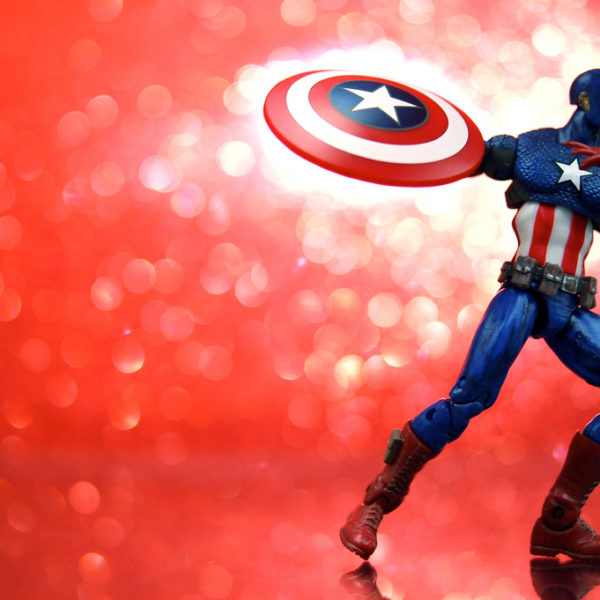
On the surface Captain American: the Winter Soldier is a cinematic triumph of patriotic romanticism. Whatever injury has been done to the American psyche in the early part of the twenty-first century, Marvel has done its best to bind these wounds and produce a tour de force of idealism for a less than idealistic age. Captain America has done for democratic virtue what the West Wing did for American government.
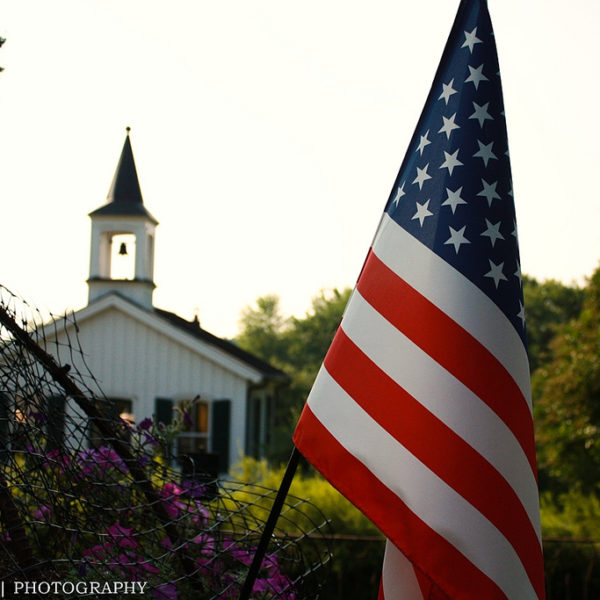
For the past twenty years the Christian right have been labeled the ‘backbone’ and ‘base’ behind the Republican Party’s electoral successes, a view that deepened with Bush’s consecutive victories in 2000 and 2004. Until recently the alignment between evangelical Christians on the Christian right and the Republican party had gone unquestioned.
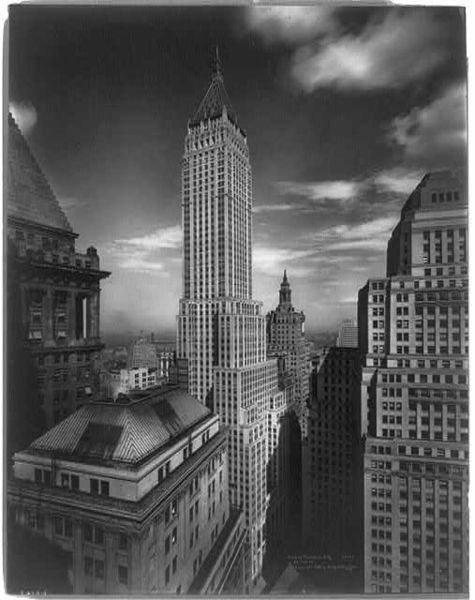
Democracy is in crisis. Or, or more significantly, liberal democracy is in crisis. So writes Philip Coggan recently in The Economist, the Western world’s foremost punditocratic commentary on the shifting social, cultural, and political terrain that goes by the slippery name of “globalization”.

There is a famous anecdote in which a man, after death, wakes up surrounded by all the pleasures of life: food, sex, and leisure. An angel approaches him and says “Welcome, enjoy all the pleasures you have ever wanted.” The man basks in all the pleasures available, but after a few weeks of uninterrupted ecstasy, he grows bored. So, the man approaches the angel and says “Is there anything I can do, any work?”
